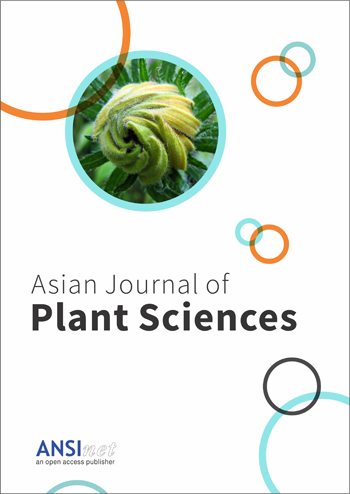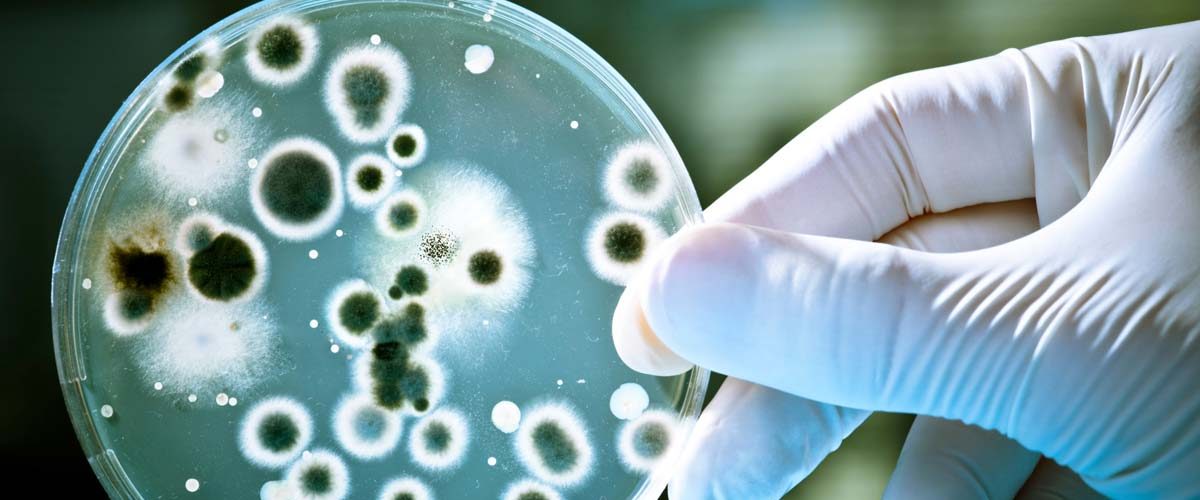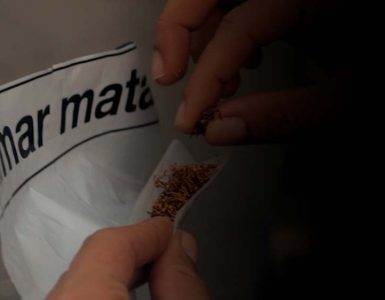Microorganisms reside everywhere in nature. They either provide benefits or cause harm depending on their host. Some cause diseases in animals but are harmless to humans. Others cause a wide range of illnesses in humans. Despite some microorganisms’ disease-causing factors, they are essential to sustain the ecosystem. They are especially important in biodegradation. Some microorganisms are also important for providing a nourishing environment for plant growth.
Soil microorganisms like Pseudomonas Bacillus, Rhizobium, Burkholderia, Flavobacterium, Erwinia, Micrococcus, Aerobacter, Achromobacter, and Agrobacterium are found in fertile soils and organic farms. Among such microorganisms, the Phosphorus Stabilizing Bacteria (PSB) increase the fertility of soils and farming plots. These bacteria act by supplying phosphorus to the plants. The phosphorus producing ability leads to organic acids, amino acids, vitamins, and growth-producing substances.
Research into Phosphate Solubilizing Bacteria (PSB) can help generate organic supplementation for farming purposes. The organic component can replace the use of harmful agrochemicals in agricultural fields. PSB is already identified as an essential component of crop productions.
A research team from Khon Kaen University, 40002 Khon Kaen, Thailand, studied the phosphate solubilizing ability of soil bacteria. The team also studied indole acetic acid production by bacteria isolated from the root system of Dipterocarpus alatus. The research article was published in the Asian Journal of Plant Sciences.
The experiment was conducted in Amnat Charoen, Khon Kaen, Mahasarakham,
Mukdahan, Roi Et and Yasothon provinces of Northeast Thailand from October 2017
to September 2018. Microorganism samples were obtained from the root system of Dipterocarpus alatus. PSB was isolated using culture media enriched with phosphorus. The effects of PSB are then studied using phosphate growth medium. In this study, the researchers measured the phosphorus solubilizing ability of different soil microorganisms.
The researchers concluded that PSB is widely distributed in nature based on the samples obtained from different regions. They identified Nguyenibacter vanlangensis as the most abundant among PSB. It was also defined as the PSB with the most efficient solubilizing ability so far. The team also noted the production of indole acetic acid by this bacterium.

Asian Journal of Plant Sciences is a high quality scientific journal publishes the original research in all areas of plant science and botany. Scope of the journal includes: Plant biotechnology, plant cell and tissue culture, plant gene transfer, development, growth regulation, molecular cell biology and genetics, signal transduction, photosynthesis, pathogen resistance, nutrition, water relations and gas exchange, symbiosis, stress physiology, population genetics, ecology and molecular systematic.
















Add comment